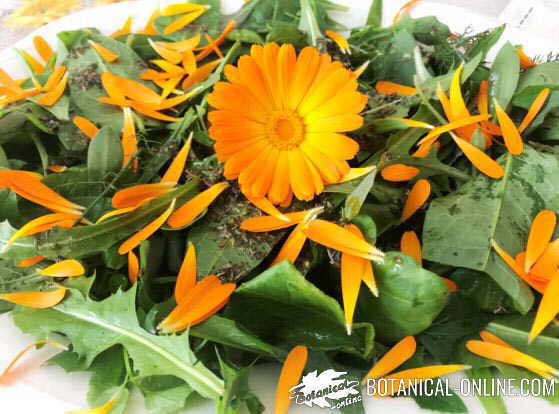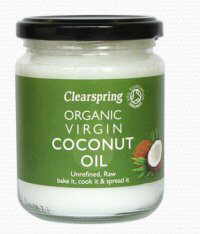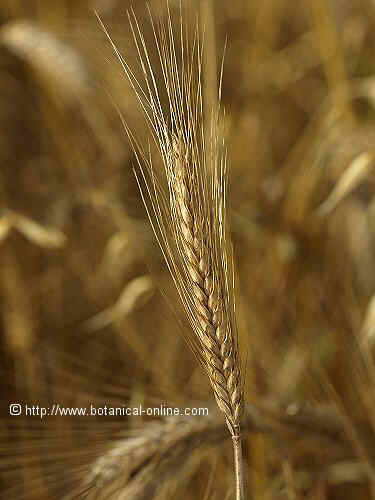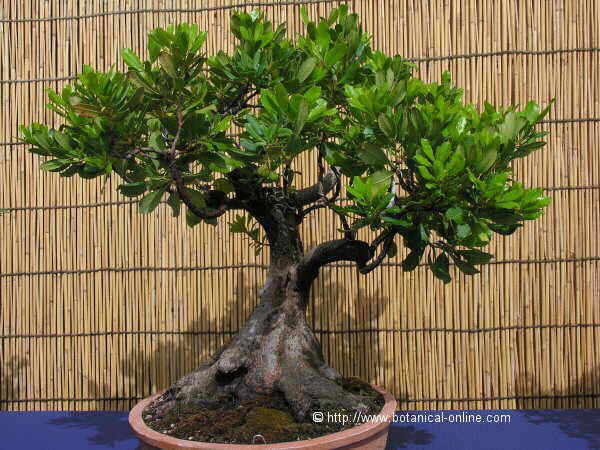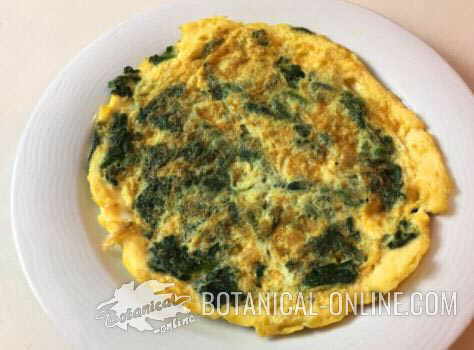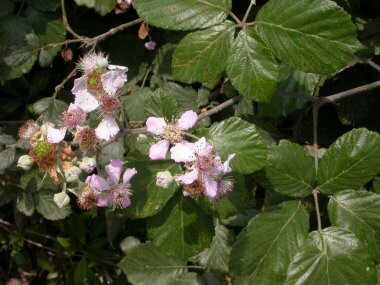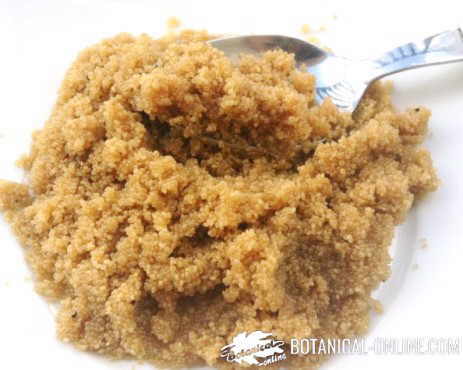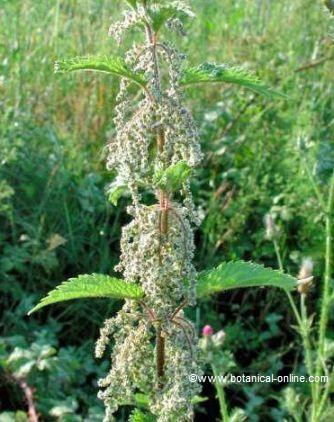Contents
Chemicals that are less polluting or aggressive than common pesticides
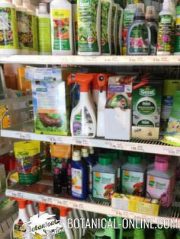
Why not to use conventional chemical products?
Pest control has been carried out in most cases by chemical products. Pesticides are commonly used as fungicides, rodenticides, vermicides and other agressors, to prevent or eliminate pests that affect our garden, orchard or field.
Most of these products contain chemical compounds such as copper, sulfur, zinc, tin, mercury or other compounds, which accumulate in the soil or in the plants themselves.
These compounds, in the long run, although authorized, can cause health problems for both people and the ecosystem (they can harm beneficial animals, pollinators and plants).
Therefore, every day there is a tendency to give more importance to the ecological control of pests, which is carried out by means of ecological methods, both for pests that affect plants and pests that affect animals.
Household products used to scare or trap plant pests
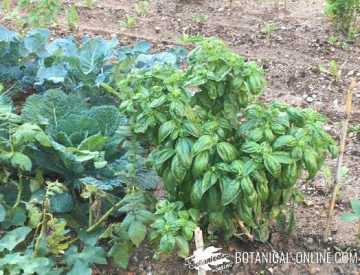
Among the household fungicides and other natural products that are used to scare or trap the harmful organisms of plants we can mention the following:
- Water with bicarbonate: Water with bicarbonate, olive oil and soap is suitable for the treatment of fungal diseases such as ear or mildew.How to prepare it? (In ten liters of water, add 6 tablespoons of olive oil and a tablespoon of soap, stir well and apply weekly until fungi disappear.
- Tobacco: It has been proven that nicotine is a good remedy against cochineals. You can fumigate a plant with the mixture made with 6 tablespoons of tobacco in 5 liters of water. Add 1 tablespoon of soap and mix everything well.
- Ash: Ash is used to prevent the passage of snails. To do this, surrounding plants are inclined to be attacked by snails with a circle of ash.Each time the ash disappears as a result of wind or rain, a new circle must be made again.
- Egg shells: Crush egg shells well and make a circle around the plants that can be attacked by snails. The small shells stick to the body of the snails and kill them.
Less polluting or aggressive alternatives to the normally used phytochemicals
There is another series of products that can be purchased or manufactured in case and that are used as fungicides, bactericides or insecticides, being less polluting than the usual phytochemicals. Among them we have the following:
- Bordeaux mixture
- Potash soap
- Rotenone (currently banned due to its toxicity)
- Azadirachtin
- Pyrethrins and pyrethroids
![]() More information on ecological treatment of plant pests
More information on ecological treatment of plant pests

